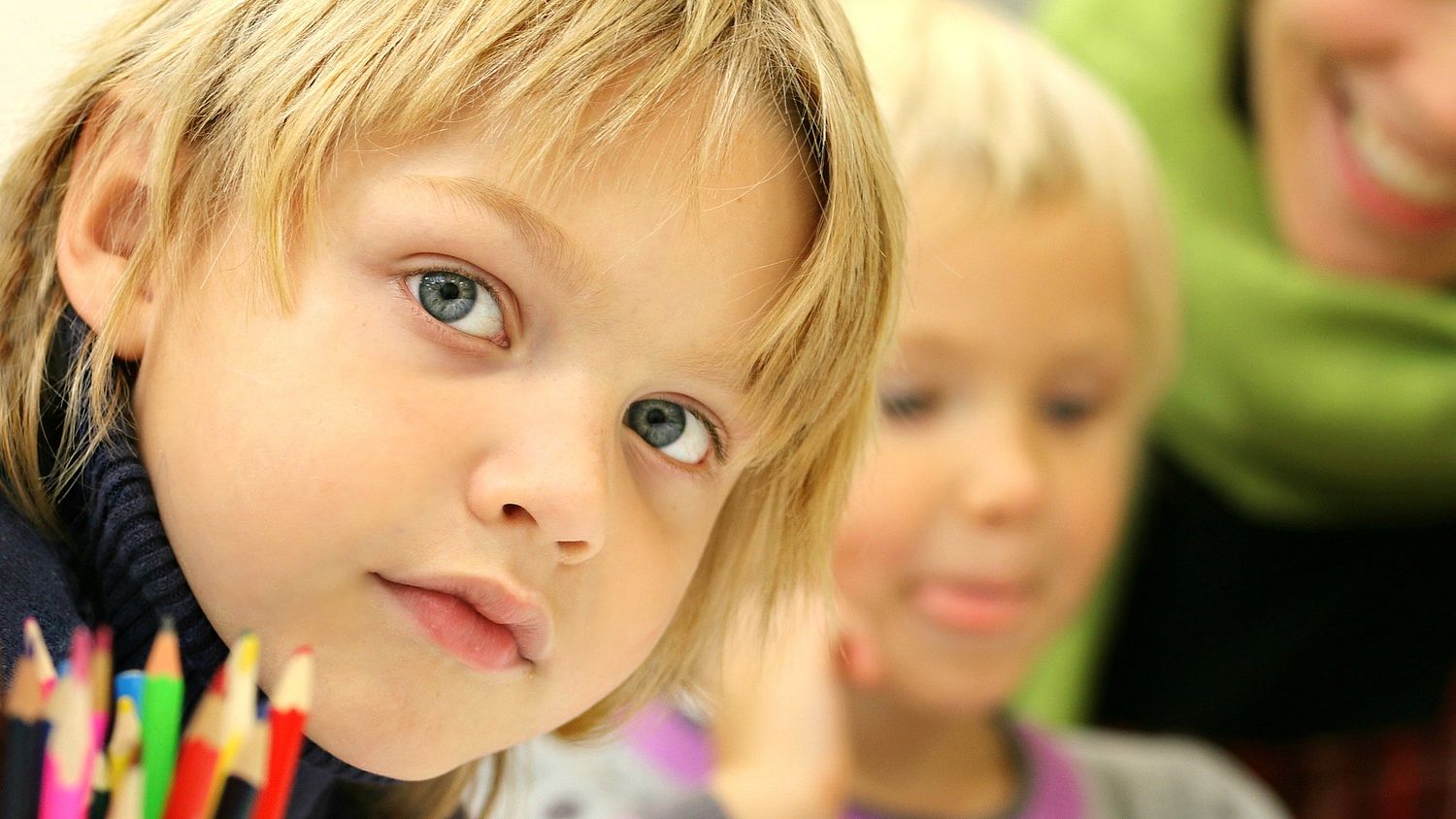It may be a subject that is easily laughed about, but being able to defecate well is not self-evident. The number of preschoolers and toddlers with bowel movement problems is growing. Nowadays it also takes even longer for children to become toilet trained.
This is what researchers at the University of Antwerp and University Hospital Antwerp say: Alexandra Vermandel and Tinne van Aggelpoel. One reason for this is that we have to hurry like that in the morning. There doesn’t seem to be time to take a good seat.
Hard and painful stools
The group of children with bowel problems is growing, says researcher and toilet training expert Van Aggelpoel. “5 to 27 percent of young children suffer from constipation for no medical cause; functional constipation.”
Functional constipation is understood to mean that there is nothing wrong with the intestines, but that someone is constipated, for example, having to go to the toilet repeatedly, resulting in hard and painful stools.
Go potty
This is often because children are not given enough opportunity to go to the toilet when they are urgent. If parents don’t encourage their child to play potty, that urge will eventually go away. So the child is left with the poop, which can be dangerous, because it then dries out in the intestines.
The excrement of those hard droppings is then much more painful. Which in turn makes the child less interested in the next visit to the potty.
Also read
After breakfast
It is important to take the time especially in the morning. The Belgian study confirms that three quarters of the children have a bowel movement within the first half hour after a meal. Most of them do this after breakfast. “That is important to know,” says Van Aggelpoel. “Many parents experience the morning as a stressful rush. Our advice is therefore: give your child some potty time, preferably after breakfast, so that they can learn to listen to that natural urge.”
In addition to the constipation, the researchers also see delayed toilet training. Nowadays, ‘only’ one in five Flemish 2.5-year-olds is toilet trained, compared to nine in ten in the 1960s.
Give your child some potty time, preferably after breakfast
Not in the mood for an accident
Van Aggelpoel is concerned about this late toilet training. Parents do not feel like having an accident on their beautiful sofa or natural stone floor and postpone toilet training. And that is not just a Flemish or Dutch problem, she acknowledges. A recent Chinese study shows that Chinese children are also becoming toilet trained later on. And also have more functional constipation and longer bedwetting.
A possible explanation for this is the rising prosperity in China and that there too, parents are so busy with work that they have less time to see when their child needs to urinate or defecate and act on it.
Researcher Tinne van Aggelpoel in conversation with Suzanne Bosman
– .


/s3/static.nrc.nl/bvhw/files/2020/10/data63570008-97ed33.jpg)